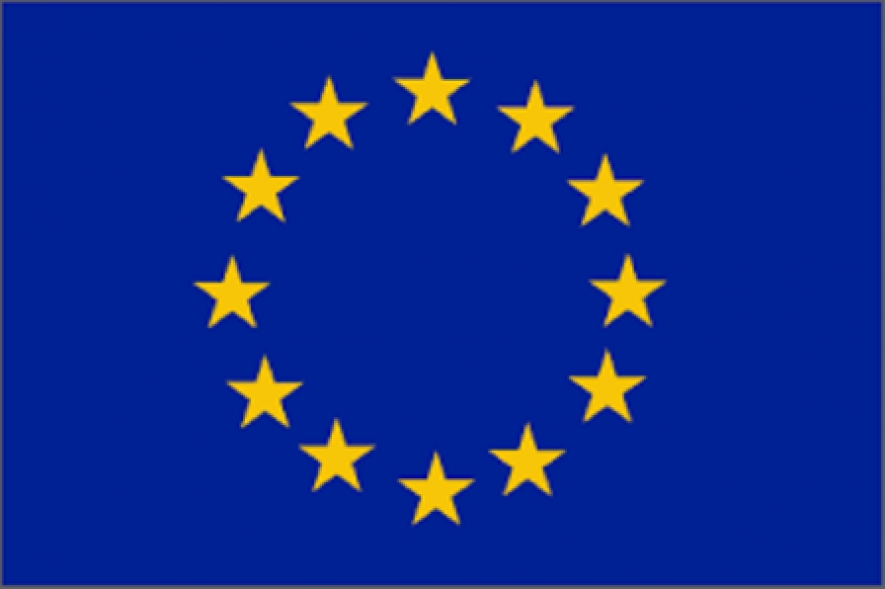European Commissioner for Environment, Maritime Affairs and Fisheries, Karmenu Vella, said: “Today's decisions are yet another sign of the EU's determination to fight illegal fishing globally. It also shows that we can bring important players on board: Sri Lanka has now a robust legal and policy framework to fight illegal fishing activities. As the fight against IUU fishing is part of the EU's commitment towards sustainability and good ocean governance, each third country that comes on board is an asset.”
On a more positive note, after a lengthy dialogue process Sri Lanka has now successfully reformed its fisheries governance system. The country was issued with a yellow card in 2012 and been listed by the Council in February 2015. By today it has amended its legal framework, strengthened sanctions and improved its fleet control.
Sri Lanka joins the growing list of countries (Ghana, Papua New Guinea, Korea, the Philippines, Fiji, Belize, Panama, Togo and Vanuatu) that have reformed their systems, following a warning by the EU.
Meanwhile, Minister of Fisheries and Aquatic Resources Mahinda Amaraweera addressing media in Tissamaharama yesterday (21st April) said, Sri Lanka would be able to restart the exports to the EU fish market from July, this year.
Due to the ban Sri Lanka has lost nearly Rs. 16,000 million on a yearly basis.



















